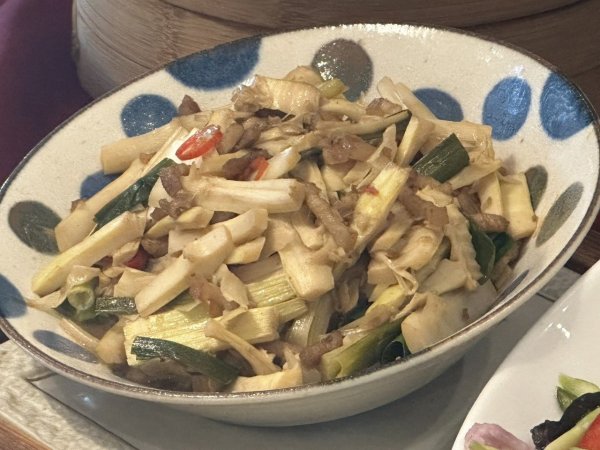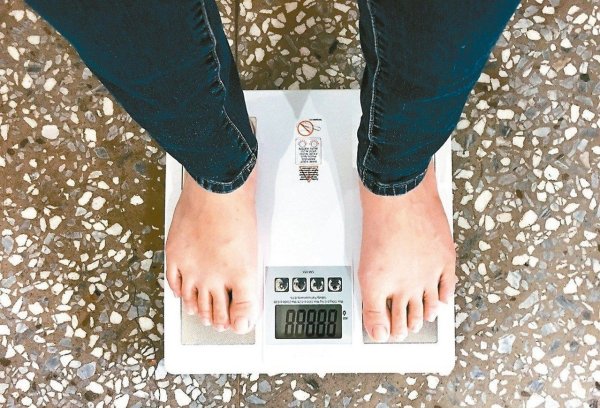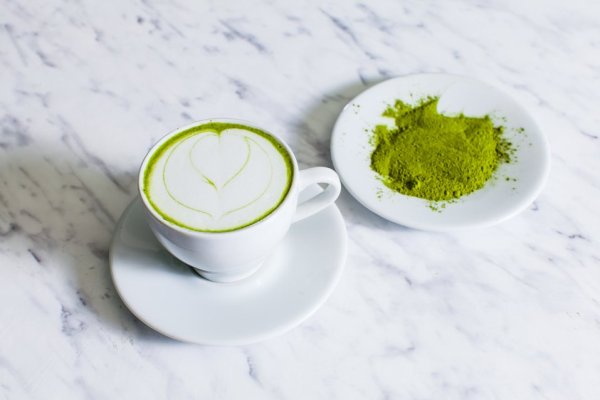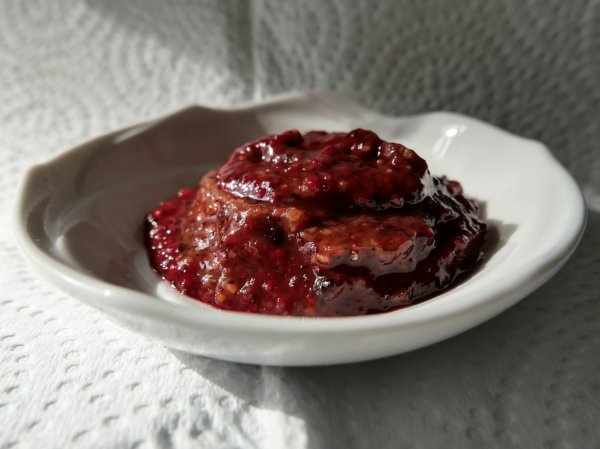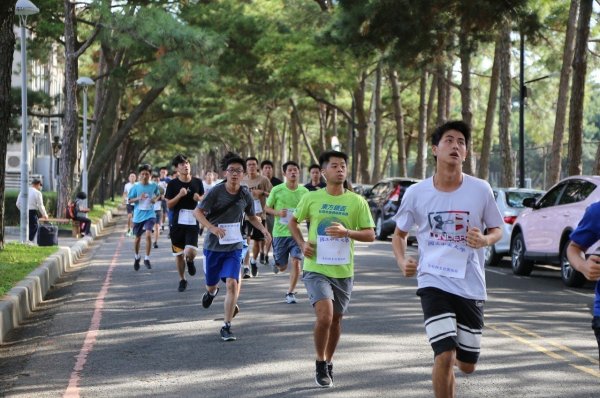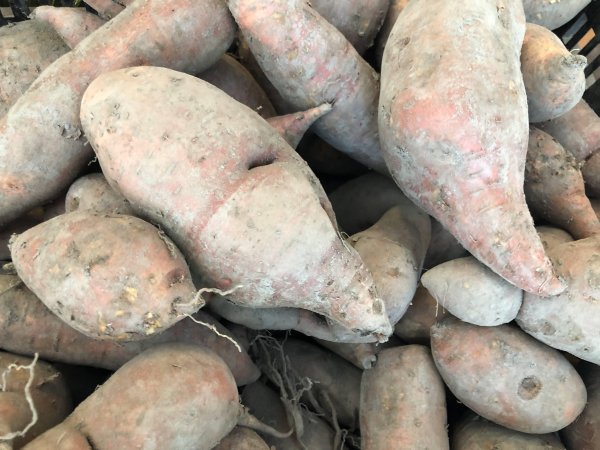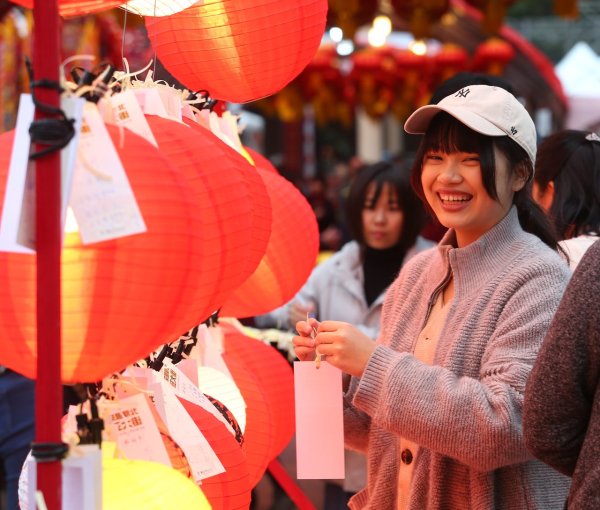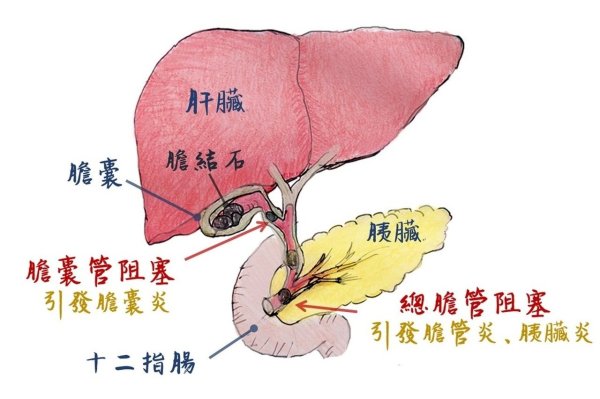The "healthy diet" that famous doctors eat four times a week on the age of 65 is actually ramen: a lot of nutrients
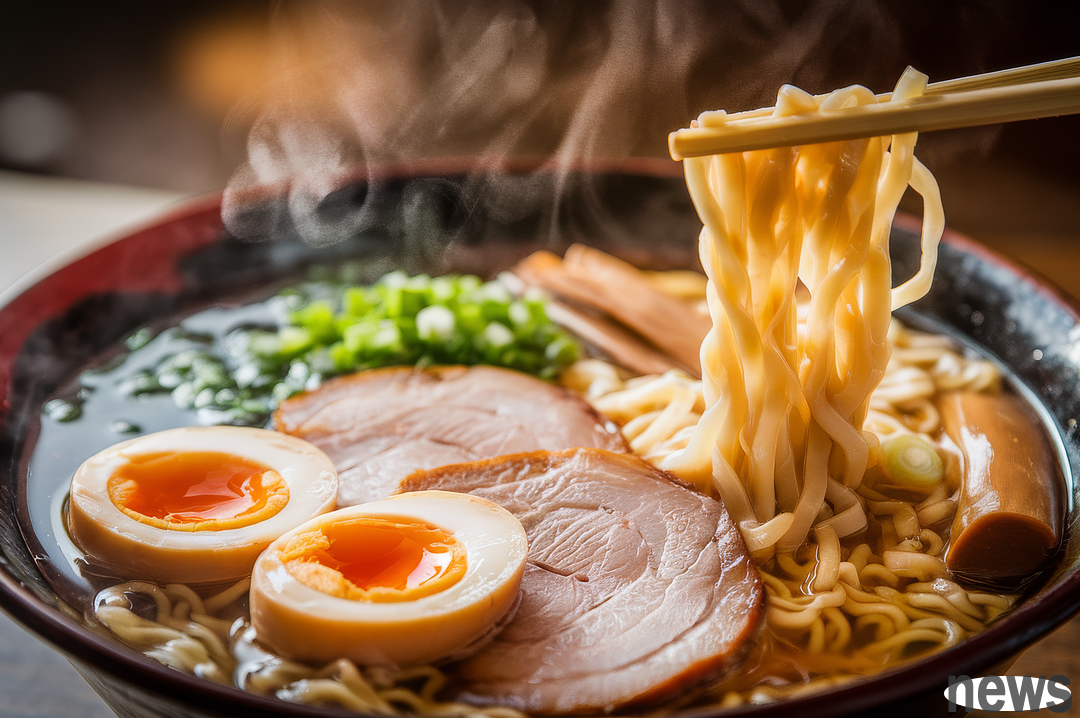
Are you curious about how doctors eat normally? Hideshu Wada, a 65-year-old Japanese psychiatrist, shared that what he values most is to consume sufficient protein every day, especially breakfast. He admitted: "Insufficient protein will cause muscle and bone loss and skin to relax, and the whole person will feel old all of a sudden." Therefore, even on busy mornings, he insists on nourishing his nutrition through milk, quality, whey protein, and even chicken brisket salad.
Why is protein so important?Protein is the raw material of cells. It is not only related to muscles, bones, and skin, but also maintains internal functions and immune system. As you age, your immunity gradually decreases. If you are inadequate intake, you are more likely to catch a cold or cause pneumonia.
In addition, protein can also promote the production of "happy hormone" serotonin in the brain, reducing the risk of depression in the elderly. Hotan pointed out: "Protein is actually the key nutrient for spending the "Second Life" happily and healthily."
How much does it take to eat a day?It is generally recommended that the protein intake is & times; 1g, but due to the decrease in absorption rate of over 60 years old, it is best to increase it to & times; 1.2g. Take 50 kg as an example, it requires about 60 grams, and 80 kg for 96 grams.
This is not easy to achieve. For example, a whole piece of tofu contains about 21 grams of protein, while 100 grams of beef only has 17 grams. Therefore, Hotan reminded: "You must intentionally add three meals to avoid deficiency." He also became accustomed to taking in large quantities of breakfast, because liver stalks are the most vigorous period of absorption and reproduction from morning to noon.
Eat four times a week? Reason for "eat ramen regularly"Surprisingly, Dr. Wada chose ramen for lunch four days a week. To him, this is not only a desire for the mouth, but also a kind of health management. He said, "The soup base of ramen usually combines more than ten ingredients such as chicken bone, pig bone, seaweed, keratin, mushrooms, vegetables, etc., and the nutrients are very diverse. With ingredients such as fork burning, soft-boiled eggs, sausage, seaweed, green vegetables, etc., one bowl can play the role of staple food, main course, and side dishes at the same time."
In comparison, although the hot content of tan noodles or uron noodles is relatively low, the nutrients tend to be carbohydrates, and the protein and vitamins are limited. Therefore, he believes that ramen is the real winner in terms of "nutritional balance".
It is not a season, but "eat more happily"He Tianqiang said that he would not order large portions of ramen, but would use a small bowl of noodles with dough or fork-fried noodles to keep the taste fresh. He said, "This is not a meal, but I think it's more enjoyable to eat it. As a result, it's healthier because it can take more different ingredients."
By the same token, he also holds a positive attitude towards "convenience stores". Although the outside world often criticizes processed foods as unhealthy, he pointed out that when fish, eggs, vegetables, and marinades, the ingredients may be as high as 20 to 30 types. "Variety of nutrition" itself is a health code. As for additives, he believes that most modern commodities have been reduced in quantity, and there is no need to worry too much for those with higher ages.
Dr. Hideshu Wada's diet philosophy is not strictly restricted or deliberately avoided, but focuses on "how to eat happily and balancedly". He reminded that middle-aged and elderly people should pay special attention to protein intake and maintain diversity in daily diet. To him, ramen is not just a delicacy, but also a "practical staple food."


